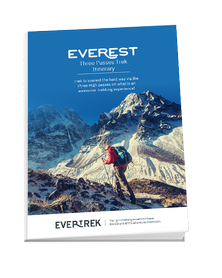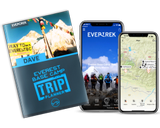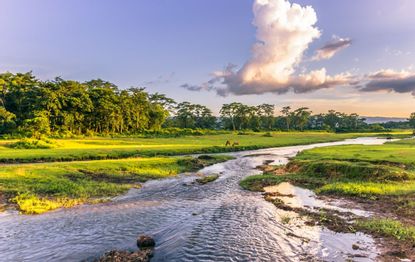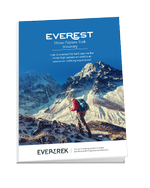INTEREST FREE MONTHLY PAYMENT PLANS
Make Paying For Your Trip Affordable & Hassle Free
VOTED BEST TREKKING COMPANY
As Voted By You, At The British Travel Awards
TREK PREP EXPERTS
From 'What To pack?' To 'How To train?' & All The Essentials In Between
TREKKING COMMUNITY OF OVER 11,000
Over 50% Of EverTrekkers Book On Solo










































